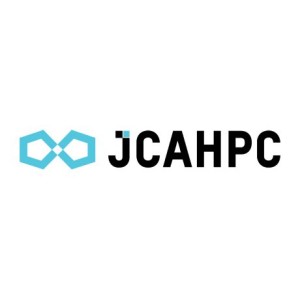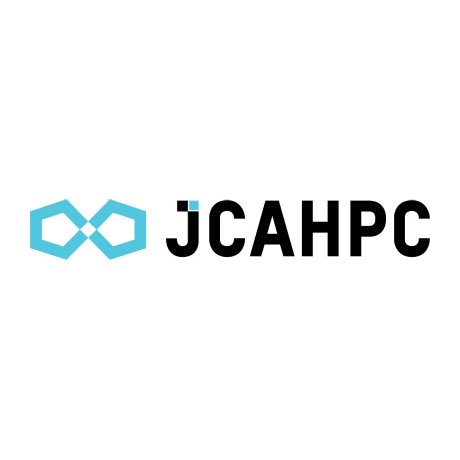 Today Allinea Software announced that the Joint Center for Advanced High Performance Computing (JCAHPC) in Japan will use the Allinea DDT debugger for its new supercomputer. Coming online in December 2016, the new supercomputer, known as Oakforest-PACS, will be the fastest supercomputer system in Japan with 25 PFLOPS on Intel’s Xeon Phi (Knights Landing) manycore processors and the Omni-Path architecture.
Today Allinea Software announced that the Joint Center for Advanced High Performance Computing (JCAHPC) in Japan will use the Allinea DDT debugger for its new supercomputer. Coming online in December 2016, the new supercomputer, known as Oakforest-PACS, will be the fastest supercomputer system in Japan with 25 PFLOPS on Intel’s Xeon Phi (Knights Landing) manycore processors and the Omni-Path architecture.
Allinea is delighted to play such a key role in this world class supercomputing capability for JCAHPC, alongside Fujitsu and Intel,” said David Lecomber, CEO and Founder at Allinea Software. “The facility presents these leading Japanese universities with a smarter design for efficient and powerful scientific computing. The availability of best of breed software tools on this system will ensure the universities’ researchers and students are able to reach their maximum potential.”
JCAHPC, a collaboration in research capability for the University of Tokyo and the University of Tsukuba, claims software tools are a critical part of the overall solution, enabling scientists across the two universities to achieve the most impact from the 8,208 compute nodes supercomputing investment.
“The extraordinary and pioneering achievements that we hope will be made at the facility will fundamentally result from the scale and complexity of the science and software,” said Professor Hiroshi Nakamura, Director of JCAHPC. “Allinea’s tools offer proven scalability and are easy enough to be used extensively by our scientists and students to write ground breaking code in areas such as life science, nuclear physics and astrophysics. The tools will also prove essential in the education and training of our students and young researchers in computer science, engineering and High Performance Computing.”
JCAHPC consists of more than 20 faculty and staff members across the two universities and the research facility will be available to researchers in Japan and their international collaborators.




